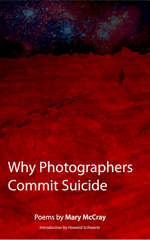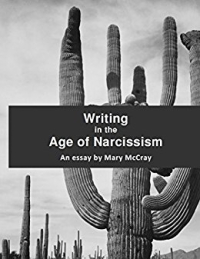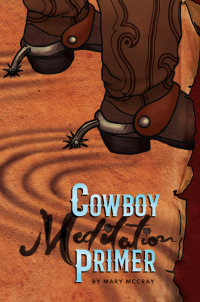 In the first post about self publishing, we talked about educating yourself about the challenges and advantages of self publishing, creating a marketing plan and gathering up all your book assets, which include logos, permissions, ISBN and LCCN numbers.
In the first post about self publishing, we talked about educating yourself about the challenges and advantages of self publishing, creating a marketing plan and gathering up all your book assets, which include logos, permissions, ISBN and LCCN numbers.
The next big project is getting the book into shape. This means copious rounds of self-editing, followed by finding a professional editor/proofreader. You don't have to follow every grammatical rule but you need to be aware of the ones you are intentionally breaking versus the ones you are unintentionally breaking. A professional editor for a book of poetry is very inexpensive. Spending a mere $100 could save you real embarrassment. A good editor will also point out formatting mistakes you may have missed. Typos compromise your credibility. Invest in your credibility.
Last year, my husband encouraged me to connect with artists to illustrate some of my poems. He felt this might jump-start my project. I put an ad out in the Santa Fe Craigslist to find artists interested in my theme. In this way I found two artists I wanted to work with, one who is currently working on inner sketches and my book cover. An artist is invaluable to helping you bring your poems out into the world. And I personally love seeing my poems come to life in someone else's imagination.
As for the interior, CreateSpace (through Amazon.com), provides a template to help you create the innards of your book. Here again, Catherine Ryan Howard and her book Self Printed was indispensable in showing me the way through this process of making all sorts of decisions, from planning out the front and back matter to adding page numbers. I created various samples of font and size styles for poems and their titles and had to make some tough choices when many of my poems stretched to just one lonely line past a book page. Creating a book causes you to rework and give up words, line breaks and, in some cases, entire lines to fit the realities of a physical book.
One of the harsh truths of self publishing is the fact that you do not have all the tools in your arsenal that a professional publisher does, such as rare and expensive fonts that "class up" your words.
Self publishing means you have to start caring about line spacing and character kerning. You start to become intimate with the idea of your book as a physical object.
















